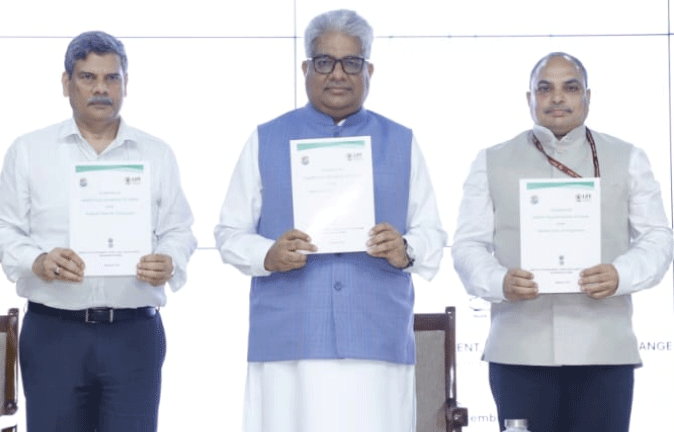New Delhi: The Ministry of Environment, Forest & Climate Change (MoEFCC) has announced a significant new initiative to combat air pollution, launching the “Swachh Vayu Sarvekshan for Wards.” The guidelines for this annual survey were released today by the Hon’ble Minister, EF&CC, Shri Bhupender Yadav, during the Swachh Vayu Sarvekshan Award Ceremony and Wetland Cities Recognition Ceremony on September 9, 2025.
The new program aims to extend the national effort to the grassroots level, encouraging citizen participation and localized action. It will be conducted annually and will involve approximately 7,500 wards across 130 cities covered under the National Clean Air Programme (NCAP).
During the ceremony, Minister Shri Yadav emphasized the importance of a decentralized approach to air quality management. “Air pollution is a complex challenge that requires action at every level, from national policy to individual wards,” he stated. “By bringing the Swachh Vayu Sarvekshan to the ward level, we are empowering local communities and raising awareness about the direct link between our daily actions and the air we breathe.”
The Swachh Vayu Sarvekshan for Wards is designed to foster a sense of competition and collective responsibility among urban local bodies. The initiative is expected to drive more targeted and effective implementation of air pollution mitigation measures at the neighborhood level.
The event was also attended by the CAQM Chief, Shri Rajesh Verma, and the Secretary EF&CC, underscoring the collaborative effort of various government bodies in tackling air pollution. The introduction of this ward-level survey complements the existing city-level rankings under the National Clean Air Programme, which recognizes and rewards cities for their efforts in reducing particulate matter levels.
The move comes as the government intensifies its focus on sustainable urban development and environmental protection. It is expected that the new guidelines will provide a framework for local authorities to monitor and improve air quality, while also encouraging citizens to actively participate in the process of creating cleaner and healthier living spaces.


